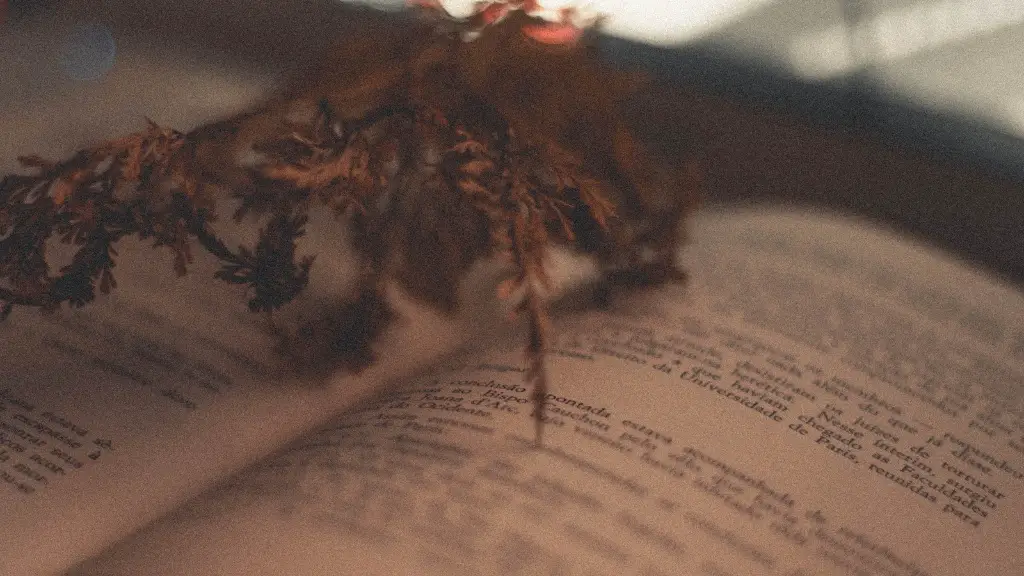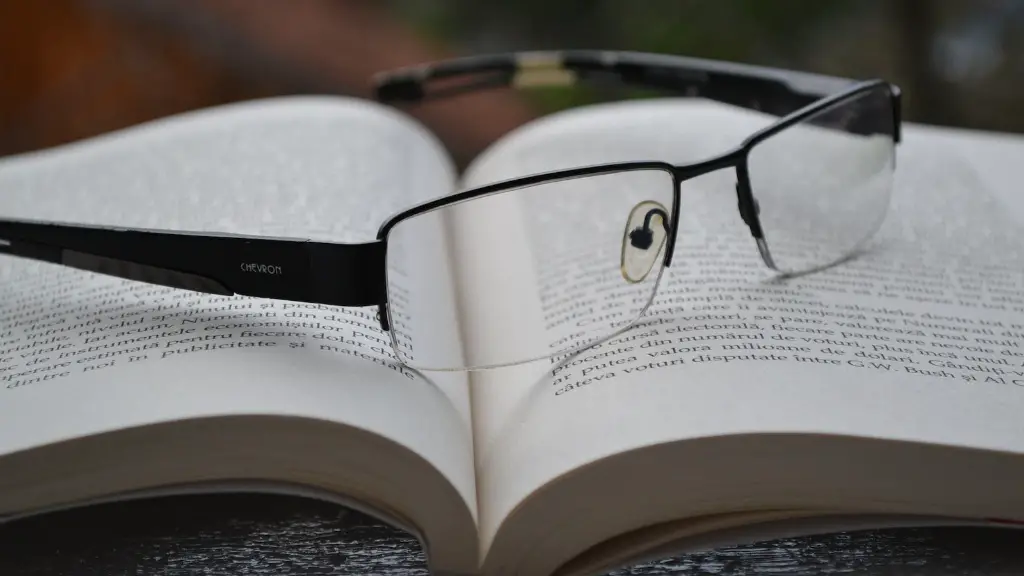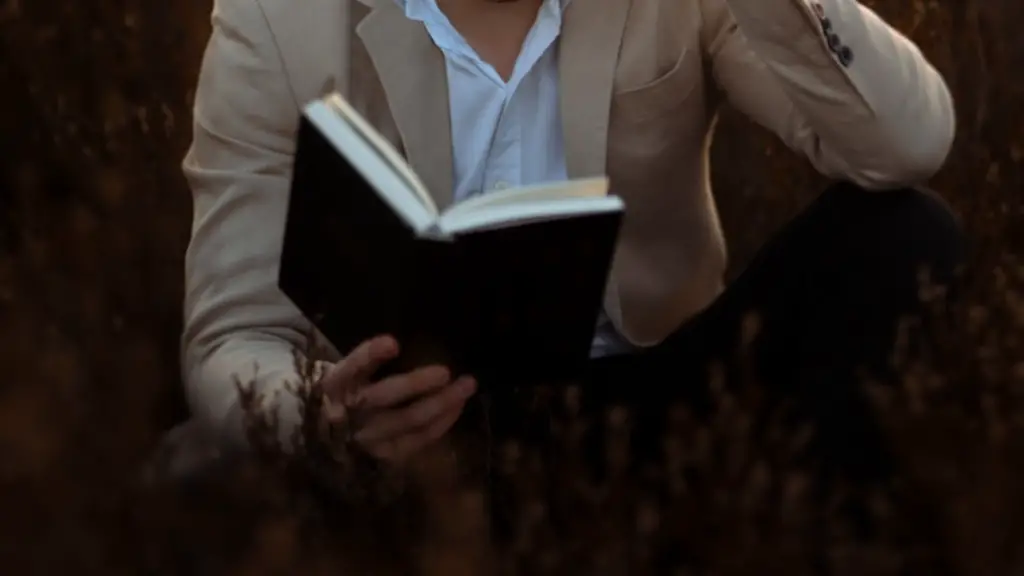Introduction
Poetry is one of the most powerful and expressive art forms in the world, offering the writers an opportunity to express their deepest emotions, share their thoughts and feelings, or simply discuss the wonders of life. For any aspiring poet, the journey of creating beautiful verse can be both rewarding and challenging, as one must learn the rules, techniques, and conventions of the poetic craft before finding a unique, individual voice.
Grammar and Syntax
A poet’s guide to poetry must include understanding of the basic rules and conventions of grammar, including a knowledge of the various types of sentences, punctuation, and syntax. Understanding how a sentence is constructed is fundamental to good writing, and proper grammar can help the poet to construct their language accurately and express their thoughts in the most concise and effective way. In essence, it is important for a poet to be aware of the many tools and rules of language; this will enable them to form their words in the most logical, artistic and well-crafted manner.
Word Choice and Imagery
Word choice is one of the key components of any good poem, and it is important for writers to be able to choose words that evoke the intended emotion and accurately convey the sentiment they are trying to express. Certain words have the power to stir emotion or create vivid images in the readers mind; this is what makes poetry such a powerful art form. It is important for a poet to think carefully about the words they choose, and to use words that have the most impact.
Rhythm and Meters
Rhythm and meters are integral aspects of poetic craft, as they are what give poem its structure and provide a visual way of understanding its meaning. Different forms of poetry often use specific meters, and poets must be aware of this; a sense of rhythm will allow the poet to properly control the flow of their poem. This control of the poem’s rhythm can help a poet to communicate the message more effectively and clearly, to set the tone and create a more meaningful poem.
Forms and Genres
There are numerous poetic forms, from the timeless sonnet to the modern haiku, as well as a variety of forms in between. Each style has its own unique form and conventions, so it is essential for a poet to familiarize themselves with each type before attempting to write in that form. Different genres, such as free verse and lyric poetry, also require a different approach and understanding if the poem is to be successful.
Voice and Self-Expression
Once a poet has the basic understanding of the structure and forms of poetry, it is important for them to find their own voice and to be able to express their thoughts and feelings without being hindered by the rules of the craft. The poet must be able to tap into their own unique feelings, insights and experiences in order to tell their story in the most powerful and impactful way. It is important for the poet to nurture this inner voice, and to be able to write in a way that is entirely their own, free from the constraints of any poetic form or genre.
Romanticism and Beauty
The power of poetry lies in its ability to move us and to evoke emotion, and this is often done through romantic language and imagery. Poets have long employed beautiful images and metaphors to create vibrant, breathtaking scenes in the reader’s mind; this is the greatest craft of the poet, and it is important for those writing poetry to strive to create works of art that are romantic, captivating and breathtaking.
Editing and Critique
Writing poetry can be a lonely process, as there are often few people to offer advice or encouragement; however, it is still important for a poet to seek critiques and feedback from other experienced writers. This can help the poet hone their work and make the poem perfect; the poet should be willing to accept and learn from others’s points of view, as this is one of the most important steps in creating a well-crafted and meaningful poem.
The Creative Process
Creating an excellent poem requires time and practice, as well as an understanding of the craft and a commitment to the process. It is important for a poet to trust their creativity and to nurture the spark of an idea, allowing it to develop and evolve. Writers should keep writing, even when faced with difficulties or frustrations; sometimes it can help to take a break or to simply allow the idea to simmer in the background.
Using Art to Fuel Inspiration
Art, in all its forms, can be a great source of inspiration for aspiring poets. Listening to music, reading books and other works of poetry, as well as appreciating visual art, can all help to spark creativity and provide ideas for the poet to explore. Taking inspiration from other people and pieces of art can help the poet to create something unique and personal, and encourage them to think outside the box and reach for the stars.
Exploring Identity and Perspective
Understanding identity and perspective is essential for a good poem; it is essential for the poet to explore their own individual experience and perspective, as well as those of others. Examining one’s personal history and heritage can help to inform the poem and give it a unique flavor. The poet should be willing to question and challenge their own views, and to look at the world through the eyes of others.
Writing a poem can be daunting, and it is important to take it one step at a time. A poet’s guide to poetry should include guidance on how to structure, critique and refine a poem, as well as tips on how to maintain focus and stay motivated throughout the writing process. It is also important to remain open to the journey and to let the poem take its own course; even if the end result is not what was expected, the experience itself can be just as valuable.



